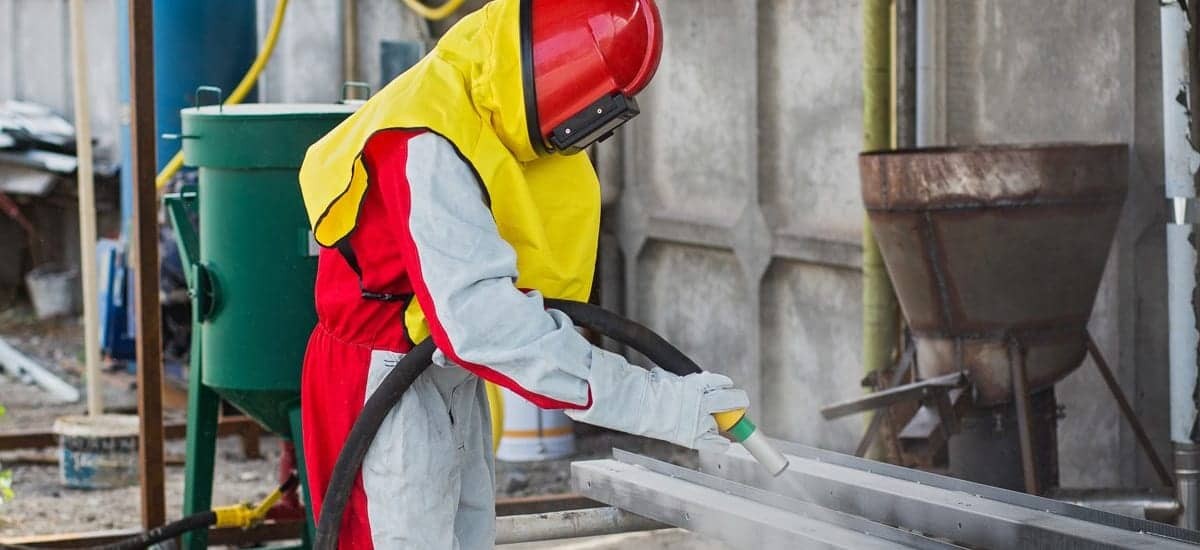Ensuring Powder Coatings Reach Maximum Corrosion Resistance
Powder coating in Houston is more than just spraying the coating, curing, and handing off to the client. Proper preparation methods as well as making sure powders are not contaminated ensure that the client gets the most life out of the coating and that the coating looks flawless if it is on a visible surface.
When it comes to corrosion resistance, industrial powder coatings in Houston are known for their high level of durability. Corrosive environments are more than industrial zones that handle chemicals both liquid and airborne, with the outdoors being the main corrosive environment powder coated machinery and products are exposed to. In Houston, the outdoors subjects machinery, buildings, vehicles, park equipment, etc. to high heat, high humidity, and in some areas higher levels of general pollution because of its vast number of industrial plants.
Also, because of Houston’s relative proximity to the coast of the Gulf of Mexico, there is a higher level of sea salt in the air that also can be highly corrosive to metals not protected by powder coatings. To determine if a coating gives maximum durability to the object it is protecting in an area, real-world testing in the location of the powder coating shop/client’s area is a good idea. While this isn’t practical for everything, many powder coating manufacturers should be able to inform powder coating shops in Houston what the best coating systems are for different needs.
Any powder coating shop worth its salt knows that the key to a long-lasting coating is a well-prepped surface, so what does that mean? A well-prepped surface has been cleaned of debris and rust, as well as any oily residues left by the forming of the metal itself. Different metals will receive different pre-treatments, and sometimes those pre-treatments depend upon the type of powder coating itself. For example, iron phosphate and zinc phosphate provide a great surface between ferrous metals and their powder coatings, followed by a rinse and then a chemical sealer for the absolute best corrosion resistance. Zirconium-based pre-treatments are also an effective alternative to phosphate pre-treatments for ferrous metals, but typically pre-treatments for ferrous metals are not appropriate for non-ferrous metals and vice versa. For aluminum alloys and other non-ferrous metals, a cleanse and rinse using an alkaline cleaning process followed by a chromate or zirconium-based pre-treatment offer optimum corrosion resistance for non-ferrous metals.
When you subscribe to the blog, we will send you an e-mail when there are new updates on the site so you wouldn't miss them.







